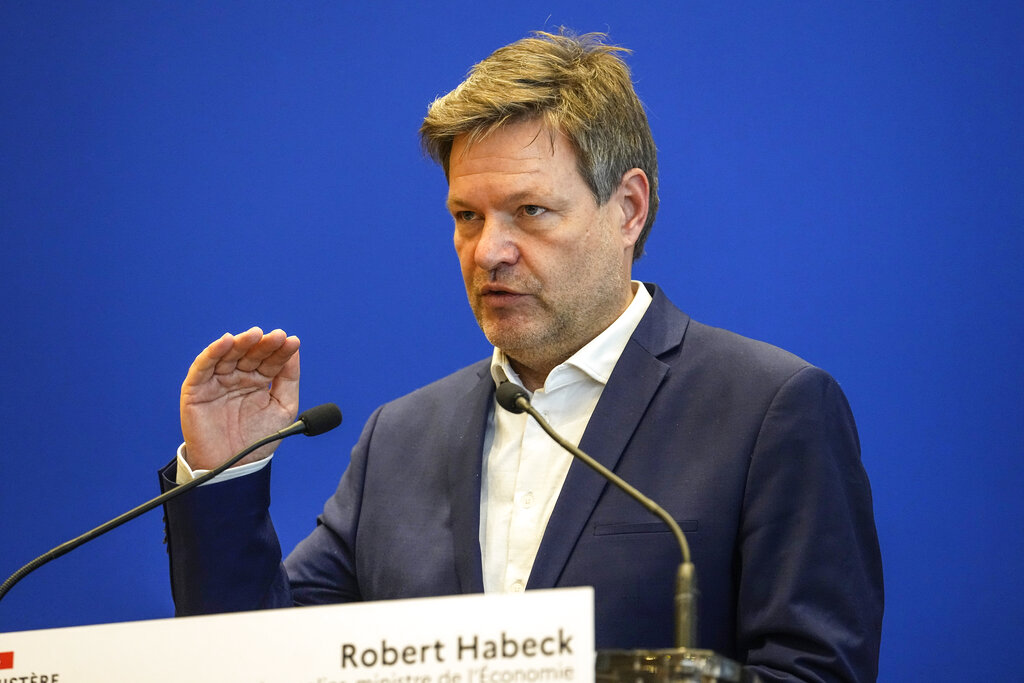The German government knew that shutting down their nuclear power plants was a bad idea; and the Green Party economy minister, Robert Habeck, was also duped by elements of his own party to ensure that the transition would happen anyway, a German magazine now claims.
Two years ago, Germany ordered the closure of its last three nuclear power plants in 2022, the last step in a years-long process to switch to renewable energy sources, Cicero magazine notes.
The closure of the nuclear power plants came at a time when the European continent was facing an unprecedented energy crisis as a result of the Russian-Ukrainian war, and forcing the closures was seen by nearly everyone as a bad idea, including many economists, industry leaders, and energy experts. The notable exception was the government ruling in Berlin
The left-liberal-green governing coalition insisted that the closure of nuclear power plants would have no impact on Germany’s energy production.
After a hard-fought court battle, Cicero has won the release of certain government documents related to the decision to shut down nuclear power plants. It now turns out that the decision was based on a misrepresentation.
Cicero shows that an important document that questioned the shutdown was hidden from Robert Habeck, the minister for economic affairs and climate change and vice-chancellor who oversaw the whole transition.
The German opposition is threatening to set up a committee if Green Party leader Habeck does not hand over documents relating to the shutdown of nuclear power plants in the country. The economy minister says there is nothing to hide and no scandal. The liberal junior partner of the governing coalition, the FDP, expressed concern but said that there should be no overreaction and no scandal, because that only strengthens the right wing.
According to Cicero, the documents show that: The Greens even misinformed Habeck about the possible consequences of the shutdown. One of the key documents, dated March 2022, was issued by a department of the German Federal Ministry of Economics and said that after the reactors are shut down, Germany will have enough gas-fired power plants to supply the country’s energy needs, but not enough gas to keep them running all winter.
As they wrote: “Extending the lifetime of Germany’s last nuclear power plants would help to alleviate this situation.” In addition, if the nuclear plants were not shut down, it would lead to a reduction in energy prices.
The document pointed out that coal-fired plants that have already been shut down would not be fully suitable to fill the shortfall, as they are very old and prone to failure. Relying solely on gas would be “extremely risky,” the report stated.






